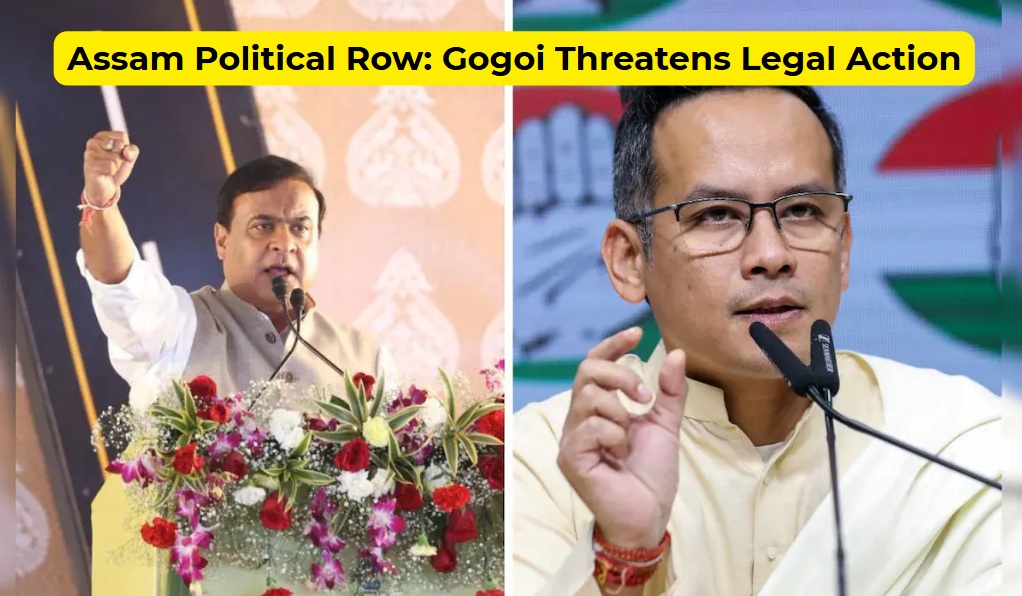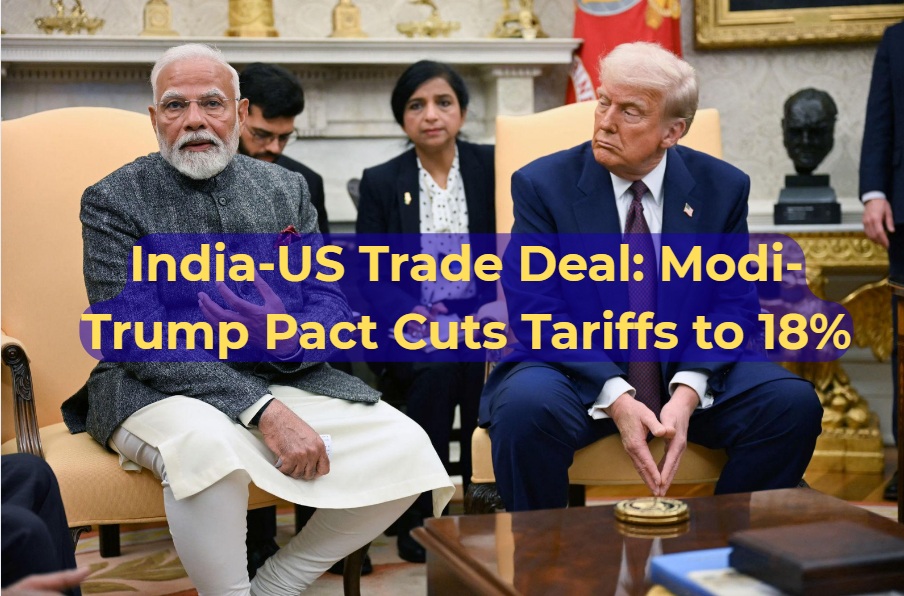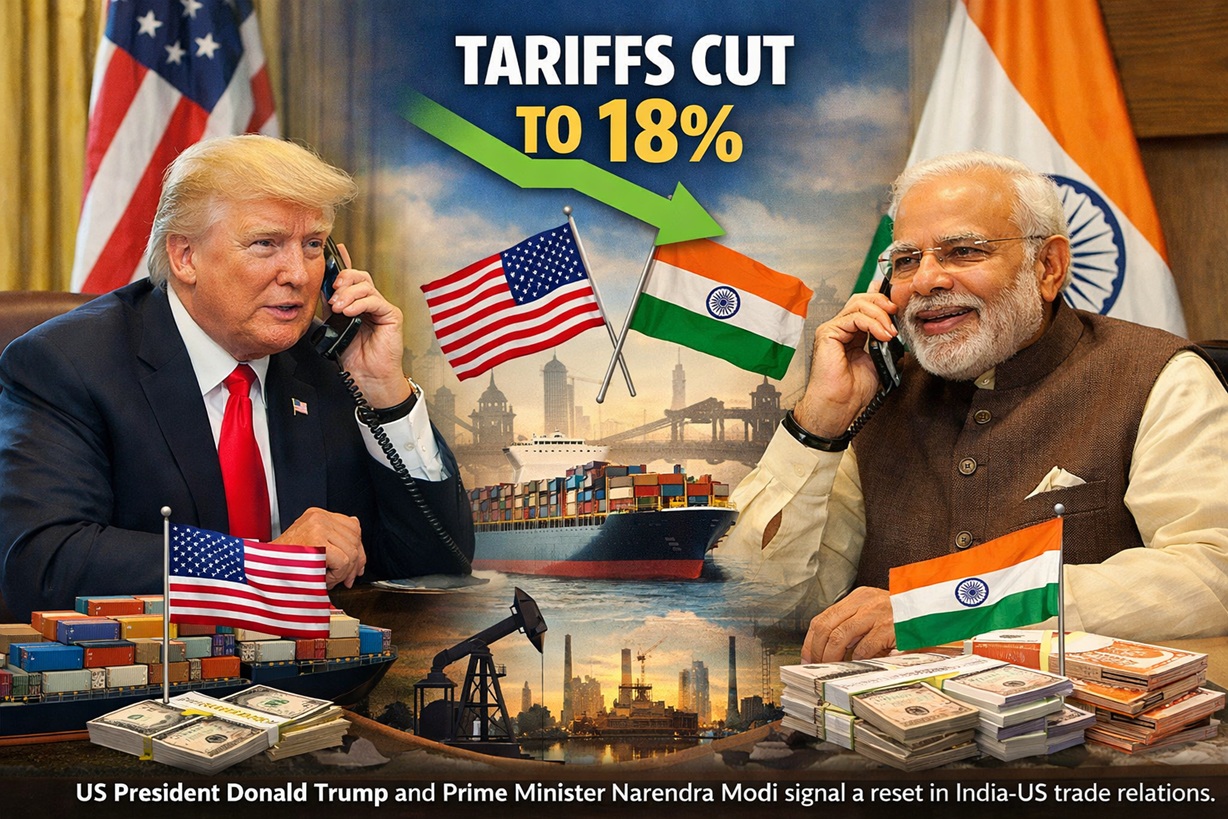In recent times, the rift between India’s central government and various opposition-led state governments has deepened, leading to significant political and financial standoffs. Central government schemes initiated by Prime Minister Narendra Modi, which aim to benefit the public, have been met with resistance from opposition parties, resulting in potential losses for the citizens.
Controversy Surrounding Scheme Names
A significant point of contention arises from the branding of these schemes. Opposition parties express discomfort with schemes being associated with PM Modi’s name, fearing that it overshadows their contributions and misleads the public into believing these initiatives are solely central government efforts. This unease leads to opposition-led state governments attempting to rebrand or outright reject these schemes.
Opposition to Ayushman Bharat Yojana
The Ayushman Bharat Yojana, a flagship health scheme providing free treatment up to ₹5 lakh, has faced hurdles in states like Delhi, where Chief Minister Arvind Kejriwal has yet to implement it. This has left many residents unable to access the benefits of the scheme. Similarly, West Bengal’s Chief Minister Mamata Banerjee has blocked several schemes, questioning the necessity of associating the PM’s name with them.
Financial Constraints and Political Tensions
Opposition states argue that their funds are insufficient to run these schemes without central assistance. However, their refusal to sign necessary Memorandums of Understanding (MoUs) with the central government exacerbates the problem. This standoff has resulted in substantial financial blockages, with the central government withholding funds until agreements are reached.
Samagra Shiksha Abhiyan and PM Shree Yojana
The Samagra Shiksha Abhiyan, which includes the PM Shree (Prime Minister Schools for Rising India) initiative, aims to upgrade 14,500 schools across the country with better facilities aligned with the National Education Policy. However, opposition parties, particularly in states like Kerala, Tamil Nadu, Delhi, Punjab, and West Bengal, have been reluctant to participate, again due to the branding issue.
Opposition Party Leaders’ Resistance
Opposition leaders argue that schemes should not exclusively highlight the Prime Minister, especially when state governments contribute significantly. They fear that associating the schemes with the PM might give undue credit to the central government, undermining the opposition’s efforts.
Regional Governments’ Reactions
States like Kerala and Tamil Nadu have shown signs of conceding, indicating a willingness to sign the MoUs in the future. In contrast, Delhi and Punjab, governed by the Aam Aadmi Party, have remained steadfast in their refusal, citing their own initiatives in the education sector as sufficient.
Financial Blockages and Political Standoff
Delhi’s demand for ₹315 crore and Punjab’s request for ₹500 crore have been put on hold by the central government until they agree to implement the PM Shree Yojana. The central government insists that these funds will only be released upon signing the MoUs, leading to a financial standoff that further strains the educational infrastructure in these states.
Mamata Banerjee’s Stand
West Bengal’s Mamata Banerjee has similarly resisted schemes like the Ayushman Bharat and PM Shree Yojana, demanding that the schemes reflect the contributions of the state government. Her refusal to comply has resulted in the withholding of ₹1,000 crore from the central government.
The financial blockages amounting to ₹1,845 crore have sparked significant unrest among the affected state governments. While opposition leaders like Arvind Kejriwal and Mamata Banerjee argue for greater recognition of their contributions, the central government maintains that cooperation is essential for the successful implementation of these schemes. As the political tug-of-war continues, it is ultimately the citizens who bear the brunt of these disputes.





